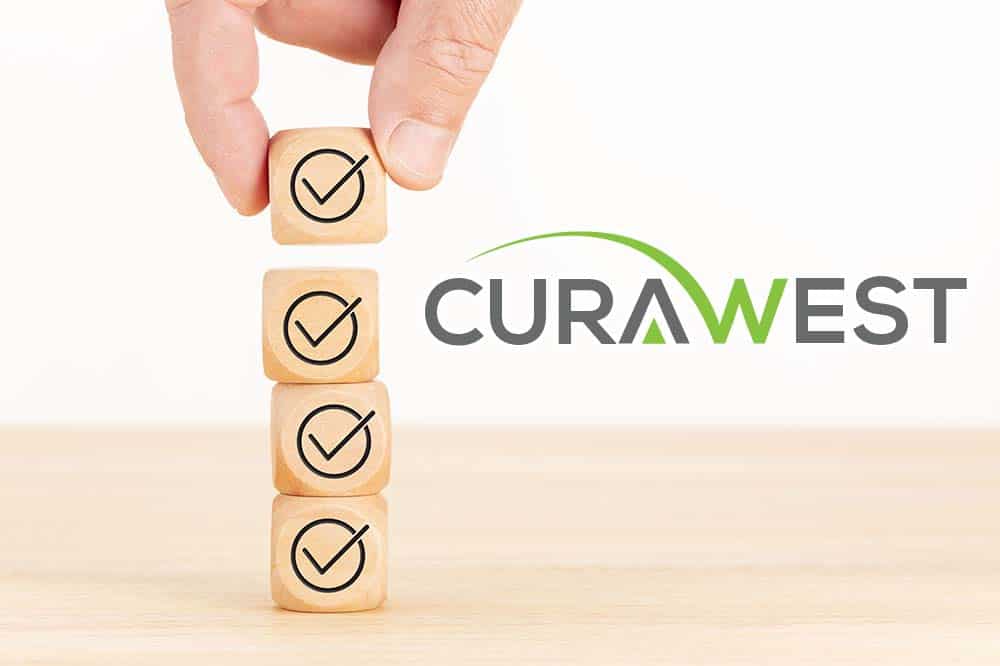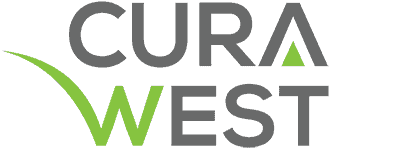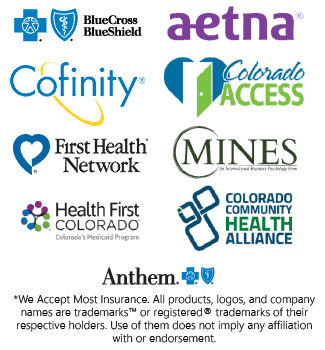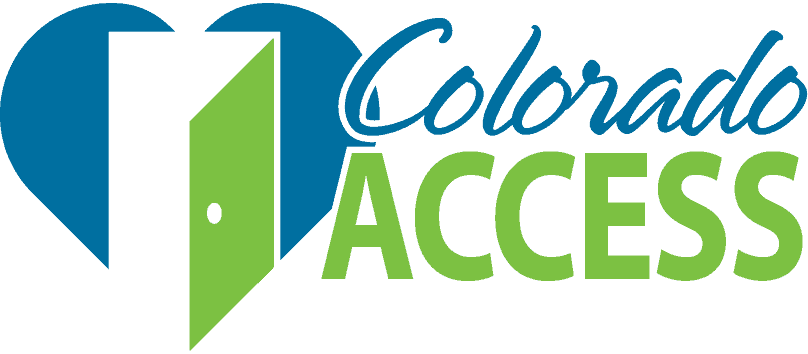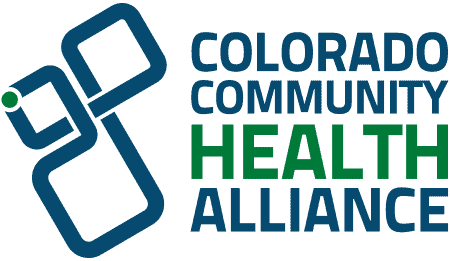Effective Treatment Options
for Drug & Alcohol Addiction
for Drug & Alcohol Addiction
Active addiction is not a one-size-fits-all experience. The medical condition affects different people in a variety of ways. Some people begin using substances later on in life and rapidly lose everything of value — interpersonal relationships, career, financial security, mental and emotional stability. Other people use chemical substances for years with little to no personal consequence. These people might slowly increase their intake over time, until one day they wake up and realize that if they want to keep living, they need to stop using. Because the development of addiction is such a highly personalized process, the most effective treatment options vary on a person-to-person basis.
If you or someone you love has been struggling with addiction, it is important to speak with an experienced addiction specialist or Treatment Advisor before committing to a program of recovery. It is important to ensure the type of care you are receiving adequately meets all of your personal, clinical needs. As a general rule of thumb, medical detox serves as an important initial step on the road to recovery. At CuraWest we provide a highly individualized detox program, one that does much more than focus on a safe, comfortable drug or alcohol withdrawal. We work to prepare each and every one of our clients for the road ahead — regardless of what that might look like.
The Development of Drug & Alcohol Addiction
When tackling addiction, it is crucial to understand how and why it developed in the first place. There are a number of risk factors that make a person more susceptible to addiction; however, it can be difficult to predict who will develop a substance use disorder based on these risk factors alone.
Risk factors include:
- Genetic Predisposition – Addiction is largely genetic, meaning if someone in your immediate family has struggled with an addictive disorder, you are significantly more likely to develop one yourself. The National Institute on Drug Abuse reports genetics make up between 40 and 60 percent of a person’s vulnerability to addiction.
- Environmental Factors – If a person grows up in a particularly high-stress environment, there is a greater risk of them developing an addictive disorder later on in life. Family dynamics and home life impact addiction, as does social environment, consistently high stress levels at work, or consistently feeling unsafe.
- Underlying Mental Illness – The National Survey on Drug Use and Health determined that roughly 45 percent of all American adults suffer from a dual diagnosis disorder — a substance use disorder and co-occurring mental illness. Many people who have an untreated, underlying mental illness like anxiety or depression will self-medicate with drugs or alcohol. Over time, this self-medication is liable to develop into a diagnosable substance use disorder.
- Unresolved Trauma – People who sustain trauma and fail to seek help in a therapeutic setting might begin to self-medicate with chemical substances. Substance use is particularly high among war veterans, sexual abuse survivors, and other individuals who suffer from post-traumatic stress disorder.
- Substance of Choice – Some substances are more addictive than others. While alcohol is extremely addictive in many instances, illicit substances like methamphetamine and heroin are significantly more addictive, regardless of the presence of additional risk factors (like underlying mental illness or genetic predisposition).
- Age of Initial Use – People who begin to use chemical substances earlier in life have a higher risk of developing a diagnosable substance use disorder later on in life. Because the brain is still developing in adolescence and early adulthood, using substances during this stage of life affects the function of neurological pathways. If a person begins using drugs or alcohol before the age of 18, the risk of addiction increases a significant amount.
We Are Here For You
Let Us Help You Heal
Our Drug & Alcohol detoxification experience is second to none.
Learn how we can help by speaking with one of our Treatment Advisors today.
Addiction Signs & Symptoms
How can you tell whether or not you are suffering from a diagnosable substance use disorder? There is a list of diagnostic criteria laid out by the Diagnostic and Statistical Manual of Mental Disorders, Fifth Edition (also known as the DSM-V). If you have more than two of these criteria, there is a good chance that some degree of professional treatment has become necessary.
These criteria are as follows:
- Taking a substance in larger quantities than you meant to for longer periods of time than intended.
- Trying to quit the substance on your own but being unable to do so.
- Spending a significant amount of time obtaining the substance, using the substance, and recovering from its effects (for example, nursing a hangover for a full day after binge drinking).
- Experiencing frequent cravings for your substance of choice.
- Failing to fulfill personal responsibilities and obligations because of your drug or alcohol use.
- Experiencing issues in your interpersonal relationships as a direct consequence of your drinking or drug use (concern from family members, frequent fights with a spouse, frustrated coworkers, etc).
- Neglecting activities and hobbies you previously enjoyed.
- Engaging in more risk-taking activities as a result of your substance use (like driving while intoxicated or engaging in promiscuous sex).
- Continuing to use your substance of choice despite a worsening physical or psychological issue.
- Developing a physical tolerance, meaning more of the substance is required in order for the desired effects to be achieved.
- Experiencing withdrawal symptoms when substance use is stopped abruptly.
Our Drug & Alcohol Detox Services Include
Treatment Options for Drug & Alcohol Addiction
If you believe you have been suffering from a diagnosable substance use disorder, reaching out for help is the next appropriate step. It is important to thoroughly understand your options when it comes to effective treatment for drug and alcohol addiction.

Because addiction is not a one-size-fits-all condition, it is important for treatment options to be as individualized as possible. At CuraWest, we conduct an in-depth evaluation upon admission to our medical detox program. This allows the clinical team to get to know each individual client on a personal basis, and allows for the development of a personalized treatment plan. To learn more about individualized care and about your options when it comes to effective addiction treatment, contact CuraWest today.
The Importance of Medical Detox
Medical detox almost always comes as a recommended first step on the road to recovery. This is because drug and alcohol withdrawal symptoms are often unpredictable, and can lead to serious health-related complications when left untreated. At CuraWest we provide our clients with a safe, comfortable withdrawal while actively preparing them to take the next appropriate step on the road to recovery. Most medical detox centers offer the following services:
- Physical stabilization, achieved through a combination of medication assisted treatment options, intensive therapy, holistic approaches to recovery, and psychiatric care.
- Addiction assessments, geared towards providing an individualized focus on detoxification and aftercare.
- Case management services; the case manager serves as the main point of contact between the treatment team and the loved ones of each client, and serves as the main client advocate.
- Aftercare planning services, geared towards laying out a solid plan of action for a client to adhere to once they complete medical detox.
Medical detox is extremely important on the overall road to recovery — not only because it allows for a safe and comfortable withdrawal, but because it helps lay the foundation for continued sobriety.
Ready To Begin Your Drug & Alcohol Detox?
We Offer A Safe & Effective Program
Don’t let Drug & Alcohol addiction control your life.
Call us today and let’s get you started on the path to a better you.
Medication Assisted Treatment
Medication assisted treatment is an important part of the detoxification process, and it serves a role in some long-term treatment plans. More commonly referred to as MAT, the use of medications can help reduce drug cravings, eliminate the physical symptoms of withdrawal, and aid in a restoration of mental health

Individual, Group & Family Therapy
Therapeutic intervention is an important part of every stage of the recovery journey, from medical detox through aftercare. Many state-funded or publicly run detox centers do not offer therapy — at CuraWest, we offer individual, group, and family therapy sessions. We believe in an integrated approach to detox, meaning we address the emotional and mental implications of active addiction along with the physical consequences.
Peer Support Groups
Peer support is an important part of the recovery process. 12 Step groups like Alcoholics Anonymous and Narcotics Anonymous are examples of peer support groups. They help people maintain accountability while working with others to achieve long-term sobriety. There are other methods of peer support — we are happy to discuss alternative options, simply reach out to us today to learn more.
Continuing Care
Continuing care, or aftercare, is essential to the maintenance of sobriety once treatment concludes. Continuing care plans are always individualized based on your unique, personal needs. However, most aftercare plans include a continuation of individual therapy, involvement in a 12 Step program, and ongoing psychiatric care in the case of dual diagnosis disorders.
How to Get Help for a Substance Use Disorder
In many instances, getting help for a substance use disorder is as simple as reaching out for help. While researching your potential options might seem overwhelming at first, you never have to tackle the process alone. Contact us and one of our Treatment Advisors will walk you through the process. If you are looking for a level of care outside of medical detox, we are happy to point you in the right direction.
Begin Healing Now!
Have A Call With One Of Our Treatment Advisors
Don’t Suffer Any Longer
Contact Us Today to Get Started
If you or someone you love has been suffering at the hands of a substance use disorder, CuraWest is available to help. Our medical detox program caters to the unique need of each individual client while ensuring a safe and comfortable drug or alcohol withdrawal. If you are ready to take the first step on the road to recovery, we are available to help. As soon as you reach out for help, one of our Treatment Advisors will be there to guide you through our simple, straightforward admissions process. We begin by conducting a brief pre-assessment, which includes a series of questions about your personal history with substance use, any underlying conditions, and several other questions geared towards providing individualized care. Next, we offer a free, no obligation insurance benefit check. If you are currently insured through a major regional or national provider, there is a good chance the services we offer are covered partially or in full. We look forward to speaking with you soon and helping you get started on your personal journey of addiction recovery.
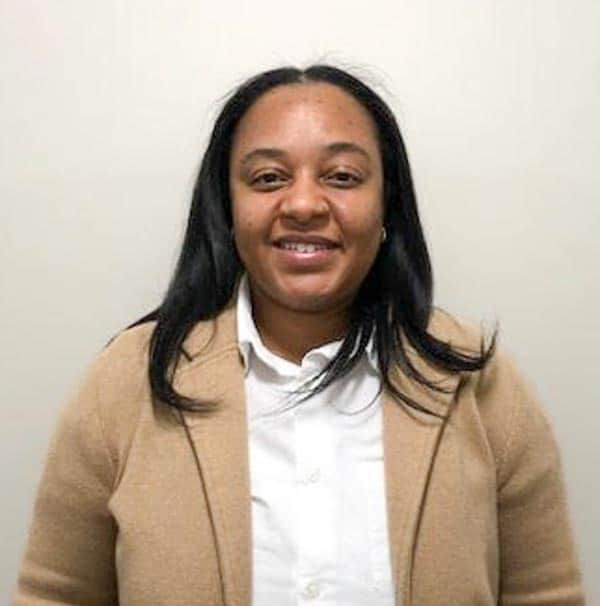
Reviewed for accuracy by:
Jasmine Billups
LPC-S
Jasmine has worked in the mental health field for over 18 years. She earned her B.A. in Psychology with a Minor in Child and Family Relations from North Carolina Central University, and her M.A. in Mental Health Counseling from Argosy University. Jasmine is a Licensed Professional Counselor Supervisor and has specialized in addiction for over 10 years.






